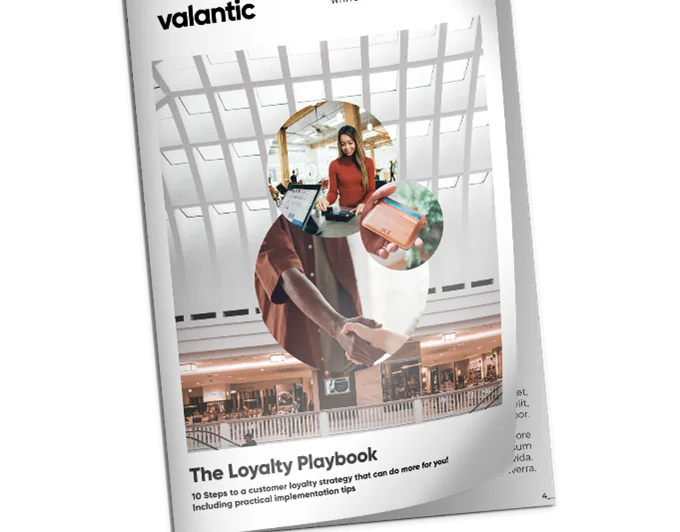Loyalty programs: Customer loyalty redefined
June 9, 2023

June 9, 2023

In our digital era, a comprehensive and personalized customer experience (CX) is no longer a luxury but a fundamental necessity for achieving success. As digital technologies continue to evolve, customers have become increasingly demanding. They not only expect top-quality products and services but also that companies will cater to their specific needs. So, how can these heightened expectations be fulfilled with the help of loyalty programs?
Loyalty programs are strategic tools that serve to foster customer loyalty and establish long-term customer relationships. They achieve this by incentivizing customers to make purchases or participate in activities through the provision of rewards. In addition, these programs grant companies access to valuable customer data, offering deeper insights into purchasing behaviors. Customers, on the other hand, benefit from receiving added value in the form of rewards.
Such programs empower companies to design targeted incentives that not only encourage repeat purchases but also foster regular interaction between the company and its customers. Discounts, exclusive offers, and unique experiences serve as tangible rewards for customers’ loyalty to a brand.
Loyalty programs are, therefore, a highly effective means of delivering an exceptional customer experience and differentiating oneself from the competition. They increase customer satisfaction and – when implemented correctly – drive company profitability. By crafting programs that specifically cater to the needs and preferences of customers and that offer notable added value, companies create a win-win scenario for all parties involved.
Loyalty programs unlock a myriad of opportunities and advantages for companies to grow their business. They facilitate data collection, allowing companies to gain insights and better understand their customers. Armed with this knowledge, companies can develop a data-driven marketing strategy. Related aspects:
Loyalty programs offer customers added value by recognizing and rewarding their loyalty to the brand. They contribute to an enriched shopping experience and convey the message that the company genuinely understands and prioritizes their needs and expectations. This appreciation strengthens the trust customers have in the brand and leads to increased levels of customer satisfaction.
Moreover, when an attractive and relevant reward structure is established, customers are often eager to actively engage in the loyalty program to take advantage of those enticing rewards and benefits. They perceive participation as a means to demonstrate their interest in the products while enjoying additional advantages on their purchases. Numerous studies further highlight the widespread popularity of loyalty programs:
Loyalty programs serve as powerful tools for companies to cultivate customer loyalty, increase customer satisfaction, and drive business growth. By understanding customer preferences, leveraging customer data, and creating personalized offers, companies can deliver a distinctive customer experience that sets them apart from competitors.
Dive deeper into the fascinating topic of customer loyalty and learn how to develop a successful customer loyalty strategy. In our whitepaper “The Loyalty Playbook: 10 steps to a customer loyalty strategy that can do more!”, you will find actionable tips and inspiring insights to help you take your customer loyalty initiatives to the next level.

Whitepaper: „The Loyalty Playbook”
For deeper insights into the topic of customer loyalty, see our whitepaper “The Loyalty Playbook”
1Source: Deloitte: „Customer loyalty: A relationship, not just a scheme”
2Source: McKinsey & Company: „Preparing for loyalty’s next frontier: Ecosystems”
Don't miss a thing.
Subscribe to our latest blog articles.